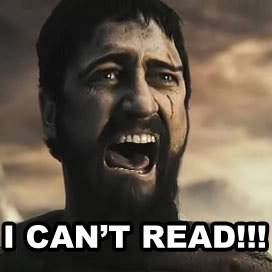Gee is The Man, is the Man is the Man
Our book club group read “What Video Games Have to Teach Us About Learning and Literacy” by New London Group’s very own James Paul Gee. This book was a (very?) good account on why video games actually make sense to play, well certain ones. I mean you won’t learn much from playing Nazi Zombies. But you can learn a lot about identities from playing Arcanum! The fact that the player gets to immerse themselves in simulated account of deeds gives them the experience of actually doing a task. Albeit it is through a controller, it is better than having a professor lecture to you about physics (this will make more sense after watching our video).
Our group had a great discussion the past couple days about the book because we could all relate to it, being that we have played these new fangled video games at least once. We found the book not that informative actually. We have been saying that video games have made taught us things as we played. It’s one of the most advanced versions of problem solving out there. Games are designed to be difficult for the user up until the point where the user must use past events in the game and foreseen to determine how to beat the level, boss, or various other stages of a game. We thought that this is a great way of learning because it is actually motivating to the user (student). We all decided that this text is not intended for the “video gamer” but rather the older generation who doesn’t believe that video games are beneficial learning tools. James Paul Gee is a highly respected member of the New London Group and is a credible source on the subject. A professor or teacher will take Gee more seriously than a teenager.


 Website:
Website: